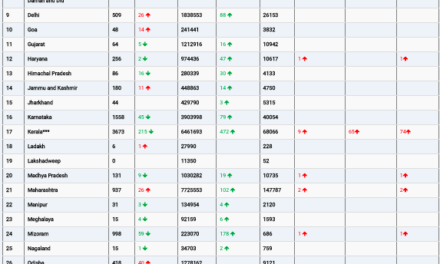Recent research highlights the potential benefits of fish oil supplements for patients with type 2 diabetes (T2D), suggesting that regular use of these supplements may lower the risk of vascular complications. The study emphasizes the importance of omega-3 polyunsaturated fatty acids (PUFAs), particularly docosahexaenoic acid (DHA), in promoting vascular health.
Study Overview
Conducted by researchers from the Department of Nutrition and Food Hygiene at Huazhong University of Science and Technology in Wuhan, China, the prospective cohort study examined 20,338 patients with T2D from the UK Biobank. Participants, with a median age of 60 years and 39.7% women, provided comprehensive data on their use of fish oil supplements between 2006 and 2010. Additionally, plasma PUFA data was available for 4874 participants, collected from June 2019 to April 2020.
Findings
Over a median follow-up of 13.2 years, the study observed significant associations between fish oil supplement use and reduced risks of both macrovascular and microvascular complications. Specifically, fish oil supplementation was linked to a 10% lower risk of macrovascular complications, such as coronary heart disease, heart failure, peripheral artery disease, and stroke, and an 11% lower risk of microvascular complications, including diabetic kidney disease, diabetic retinopathy, and diabetic neuropathy.
Higher plasma levels of total omega-3 PUFAs, especially DHA, were associated with lower risks of these complications in a nonlinear dose-response manner. The study identified seven biomarkers related to lipid profile and inflammation that explained a significant portion of the observed associations.
Clinical Implications
The authors of the study concluded that habitual use of fish oil and higher plasma omega-3 PUFA levels, particularly DHA, were linked to lower risks of vascular complications in individuals with T2D. They noted that the favorable associations were partially mediated by improvements in lipid profile and inflammation biomarkers.
Limitations and Funding
Despite its promising findings, the study’s observational nature means it cannot establish causality. Additionally, detailed information on the dosage, composition, and duration of fish oil use was lacking, and the focus was restricted to total omega-3 PUFAs and DHA.
The research was supported by the National Nature Science Foundation of China, Hubei Province Science Fund for Distinguished Young Scholars, and Fundamental Research Funds for the Central Universities. The authors declared no conflicts of interest.
Conclusion
This study underscores the potential benefits of fish oil supplements in reducing the risk of vascular complications for patients with T2D. As more research emerges, healthcare providers may consider recommending fish oil supplements as part of a comprehensive strategy to manage diabetes and its complications.
For more detailed findings, refer to the study published in The Journal of Clinical Endocrinology & Metabolism.












